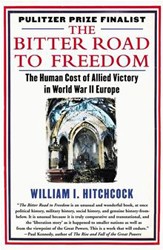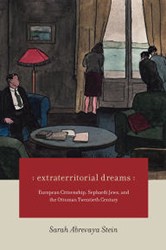In an age mistrustful of authority and inherited wisdom, heresy exerts a strong appeal. The brilliant scholar Benjamin Lazier makes a convincing case that two religious heresies exerted far-reaching influence on Weimar-era thought well beyond the confines of religion. His subject is not theologians like Buber and Rosenzweig, but rather three other German Jewish intellectuals: the political theorist Leo Strauss, the philosopher Hans Jonas, and Gershom Scholem, the authoritative historian of kabbalah and mysticism.
Lazier maps their ideas between the twin poles of Gnosticism and pantheism. Gnosticism’s heresy is that it conflicts with monotheism by positing two “gods”: an evil demiurge called God in the Hebrew Bible who created a sinful world, and the transcendent but absent true deity revealed in the New Testament. Its appeal is that it seems to account for God’s perceived distance, or alienation, from human beings who are mired in a material world of imperfection and temptation. Pantheism tries to repair that alienation by positing that God is not just manifest in all creation, but actually is the natural world. Its heresy is that it collapses the distinction between the Creator and the created.
Hans Jonas, whose researches brought Gnosticism into contemporary discourse, repudiated the gnostic paganism and nihilism of his teacher Heidegger partly by embracing a “philosophical biology” that anticipated the environmental movement. Leo Strauss believed in a realm of justice whose existence preceded human beings, simultaneously positing transcendent origins while insisting that God is inaccessible and divine authority is therefore lost. Gershom Scholem came to understand God’s absence paradoxically as the traces of His presence: creation was enabled by God’s withdrawal in an act of tzimtzum (self-diminishment). The author tells how these three friends came to their respective conclusions in the context of Jewish and non-Jewish thought starting with Spinoza. Benjamin Lazier navigates the eddies and tributaries of these intellectual currents with astonishing clarity, erudition, confidence, and wit. This book is a landmark, a tour de force of both synthesis and original thought. Index, notes.
Bob Goldfarb is President Emeritus of Jewish Creativity International.





